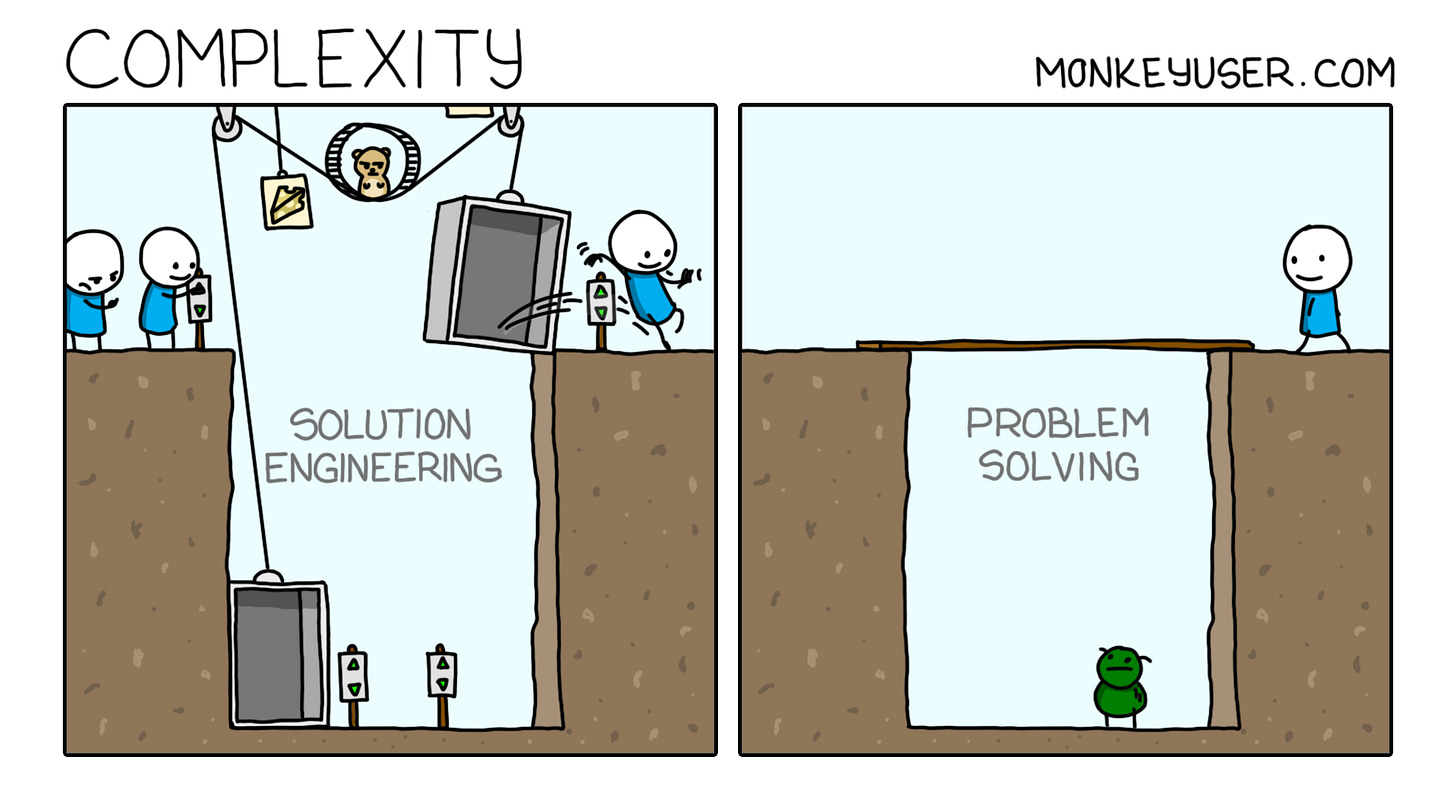How a CTO's Strategic Questions Saved a Startup from Hell
Asking the right business questions prevented a fintech startup from getting trapped in a badly structured partnership deal.
Me and my big mouth. My cheeky, but incisive, questions evaporated a lucrative opportunity for me.
I saved a company from a ton of trouble, though.
My potential client, a fintech platform startup, wanted help producing a heavily customised "white label" version of their app for a strategic partner. Two separate partners, actually. Both are prestigious brand names.
I take my hat off to them — amazing! But the client was blundering into a potentially problematic situation, and it couldn't end well unless I helped them change the parameters.
They approached me as a CTO, so they were surprised by my non-technical questions:
Me: Are you charging these partners for the customised apps?
Client: Yes, one of them agreed to pay 500K up front.
(So far, so good.)
Me: How much will you be charging for routine maintenance?
Client: No need. We'll be making money from standard usage fees.
(Hmmm 🤔)
Analysis of the Situation
Me: Let's think this through. You're essentially going to be maintaining a portfolio of customised apps, in addition to your core product.
Multiple front-end apps to maintain — Each app will need constant maintenance for the lifetime of the contract. You will need to keep the apps in sync with your back-end platform, as well as keep up with phone operating system versions, security standards and other environmental concerns. In addition, you'll need to implement and test all your standard new features on each customised app too.
Slower evolution and iteration — Oh, but wait! Your product is new! It should naturally evolve fast, and radically. Your partners may insist on approving each change, which could slow you down.
Multiple concurrent API versions — Having multiple front end apps could also mean that you'll have to support multiple API versions concurrently, which can add costly complexity.
Core development costs increase — The cost, in manpower and time, of your core development will increase with each custom app and custom feature. This is because the quirks of each customised version have to be constantly taken into account, so that the core technology does not break them.
My Recommendations
Your partners are marquee customers; they are powerful and influential brands, and will lend you significant sales-boosting credibility.
The challenge here is to prevent your focus and attention being stolen away from your core product.
Having handled such situations myself, I advise the following:
→ Try and find a way to get your partners to use your standard app — maybe with some extremely light cross-branding.
But if you must white-label your app:
Charge (or earn) enough money to fund dedicated product management, engineering, and support resources for the custom apps. I will estimate the costs for you and help you set it up.
Ensure that your contracts allow you plenty of leeway to keep the custom apps in sync with your core platform without approval delays. I'll be happy to work with your lawyers on this.
Client: Hmmm. I'll take this up internally and get back to you.
(A week passes.)
Client: Our partners have agreed to use our standard app.
(👏)
Parting Thoughts
I gave free advice that made a potential client think, and it gave them the confidence to push back against strong partners.
I also saved them from hiring someone who would faithfully carry out their exact wishes. 🤦♂️

Am I foolish for evaporating this lucrative opportunity? Maybe — though in my mind it would have been unethical not to alert the client.
It is said that the best line of code is one that you don’t need to write. I am proud to have used my technical experience to recommend a non-technical way to solve a business problem. Examples such as this one capture much of the essence of being a CTO, which is first and foremost a business-oriented position.


Great work ethics. All Engg leaders should have this perspective
A great example of technology serving the company/business the right way.